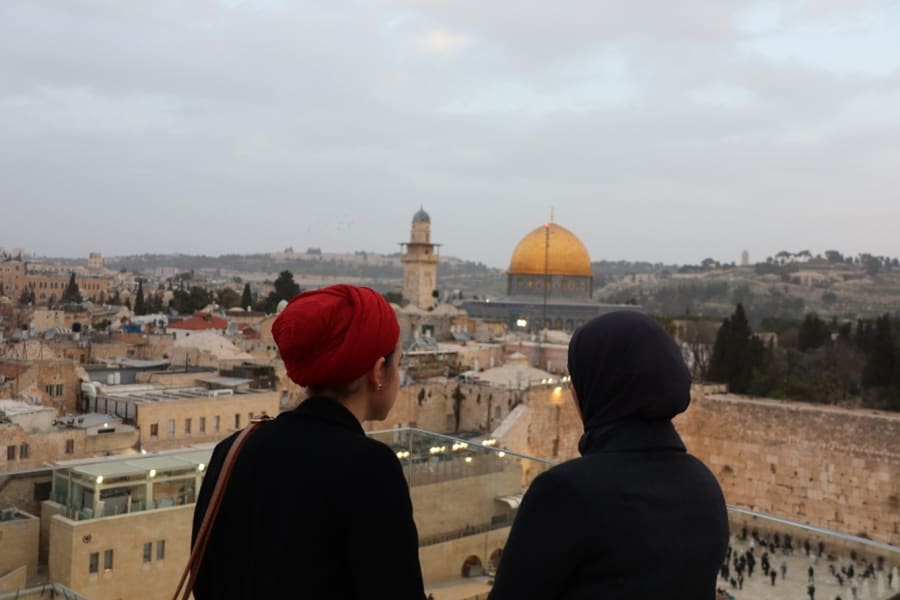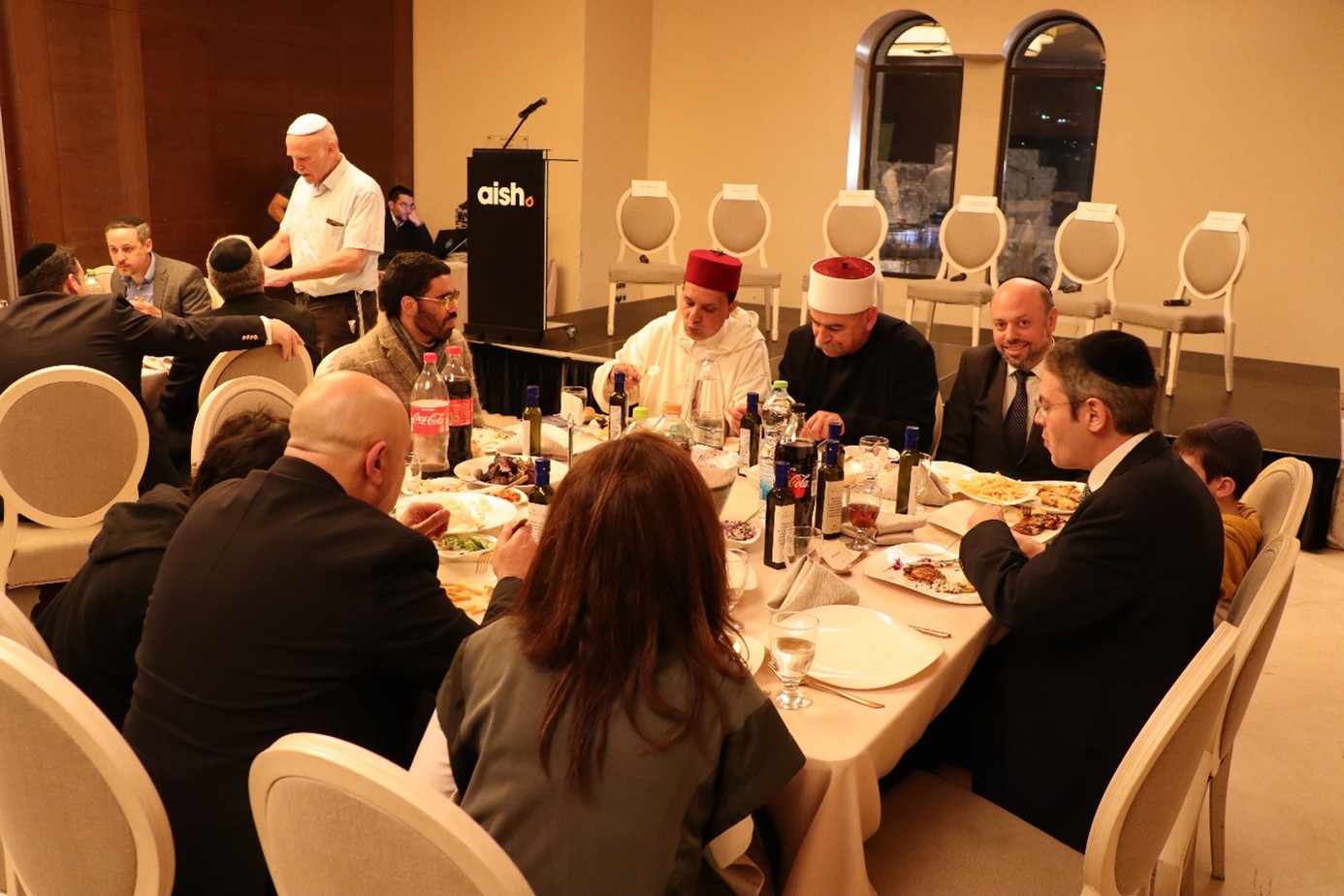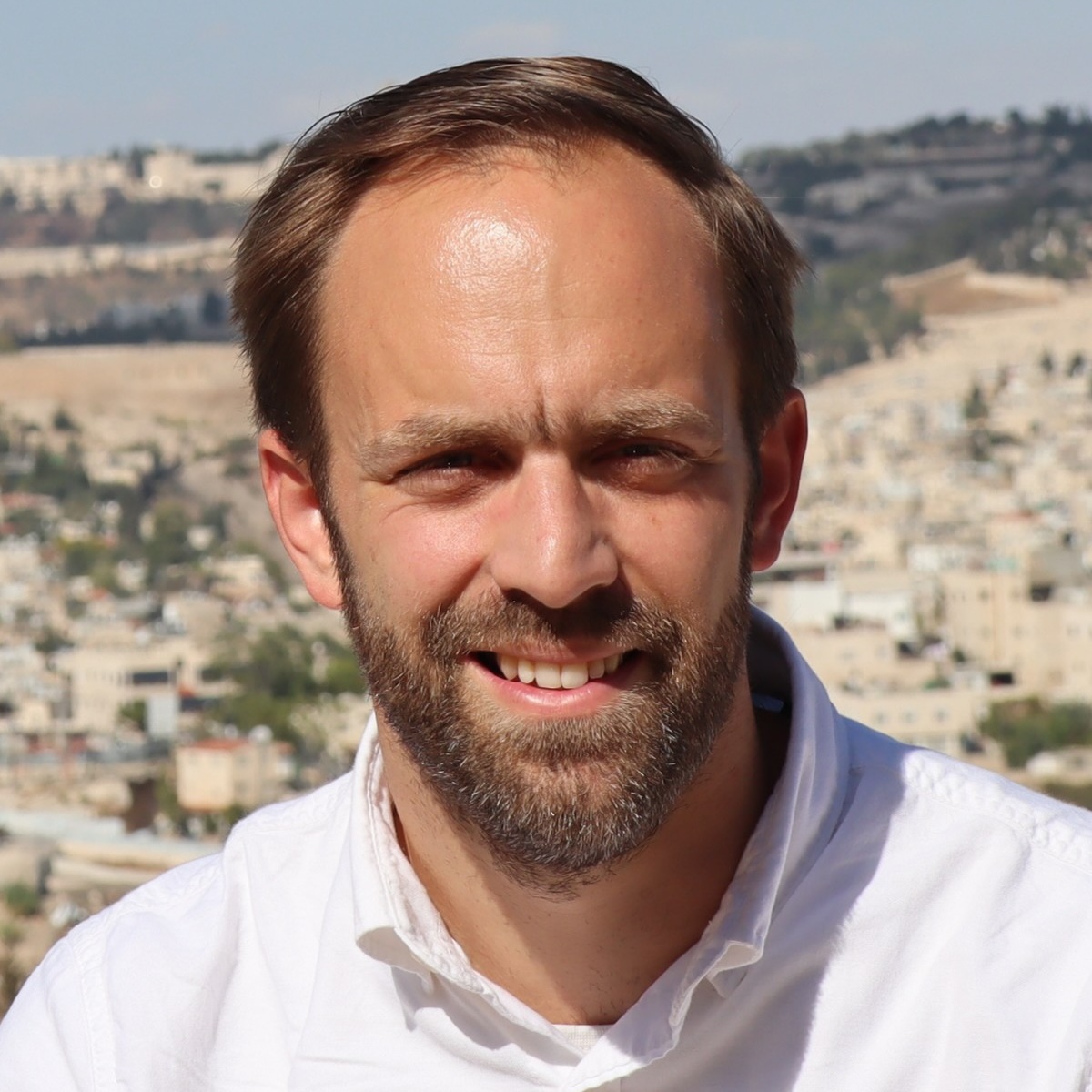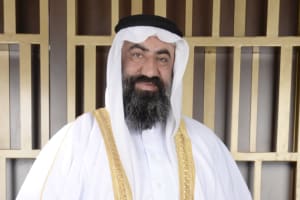Bridges of light - with Nostra Aetate and the challenges of Israel’s Christian Arabs in the background

In my previous article, we explored how people in Israel are building “bridges of light” amid dark and difficult times. Palestinian activist Samar Sinijlawi and Rabbi Daniel Rowe shared how they came to see the world through each other’s eyes – a powerful testament to empathy, understanding, and the human capacity for connection across divides.
In this piece, we’ll also hear another perspective – that of the Roman Catholic Church. How does the Church relate to Israel, and how might this serve as a starting point for deeper reflection on building "bridges of light," both around the theme of Israel and within our local communities?
The Roman Catholic Church has a long history in Israel and also manages many places that pilgrims visit. Because of this centuries-long connection with the country and its people, they are a relevant voice to listen to. This year marks the 60th anniversary of the Church's issuance of the declaration Nostra Aetate. With this declaration, the Roman Catholic Church embarked on a new path in its relationship with other religions. Article 4, the most comprehensive article of Nostra Aetate, reformulates the Church's relationship with the Jewish people.
The declaration states: "Nevertheless, God holds the Jews most dear for the sake of their Fathers; He does not repent of the gifts He makes or of the calls He issues – such is the witness of the Apostle. (Rom. 11:28-29)." Furthermore, this declaration emphatically distanced itself from the age-old accusation that the Jews were collectively guilty of the death of Jesus. It also opened the door to the development of a new era in Jewish-Christian encounter characterized by dialogue.
The Roman Catholic Church and the conflict
However, this is not the whole story. The Roman Catholic Church must also relate to its own members in the Middle East, as most of them are Arab. In all countries in the Middle East, with the exception of Lebanon, Christians are a minority. There is also a Christian Arab/Palestinian minority in Israel. Those among them who live in the Palestinian territories speak of "the Israeli occupation that makes daily life difficult in terms of freedom of movement, economic freedom and religious life (especially visiting holy places)."
Due to the political conflict, dialogue between Jews and Christians has hardly any place in most churches in the Middle East, including Israel. Recently, I spoke to a number of Arab Christians who were meeting Israelis who were not military personnel for the first time that day. In this context, the Roman Catholic Church sees it as its responsibility to "break down the wall of fear, mistrust and hatred through our friendship with Jews and Muslims, Israelis and Palestinians." It emphasizes that politics and theology must be distinguished from each other and that the Bible should never be used for political purposes, nor politics for theological purposes.

Layered and complex
The fact that there is still little dialogue between Jews and Arab/Palestinian Christians in Israel shows that there is tension between this Jewish-Christian dialogue and the political situation. At the same time, in this difficult context, the church calls for a distinction to be made between religious reality and political reality. Simply put, the church's calling is not to promote a particular political reality.
When it comes to theological discourse about Israel, particularly about Judaism, Romans 11:29 is a favorite text within the Roman Catholic Church: "For the gifts and the calling of God are irrevocable." However, this does not mean that we should not or even must not have an eye for Christians in Israel. On the contrary. We need to ask: Does God's faithfulness to the people of Israel mean that there will soon be no Christian community left in Bethlehem or Gaza?
Because Christians in Israel and the Palestinian territories are a small minority, Roman Catholic documents, beginning with Nostra Aetate (art. 3), always mention Muslims as well. In Israel, Muslims are a minority, and in the Palestinian territories, they are a majority. They share the same culture and language with the local Christians. This shows something of the complexity and layers of the religious situation in Israel and the Palestinian territories. It would be beneficial if the Church were to pay more attention to this and if this were to lead to modesty in our statements on the theme of "Israel."
From confession to action: how solidarity becomes visible
Does this modesty lead to silence, because the topic of ‘Israel’ is currently sensitive or because it is complex? First of all, it is important to realize that building bridges is about encountering people. This begins with paying attention to the Jewish members of the church. And outside Israel – if possible – also in encounters with other Jews. At the same time, you cannot be connected to Israel without paying attention to the other peoples in the Middle East. This can start by entering into dialogue with Christians from the Middle East, but also by visiting them when you are in Israel.
Study of the Scriptures
Another relevant point when it comes to being connected to Israel is the study of the Scriptures . Bible study groups within the congregation are a natural place to draw attention to the Jewish way of reading the Scriptures and in this way to further discover the richness of the Scriptures.
With an open Bible and an open attitude, we can engage in conversation with each other about Israel. We do not need to sweep the complex situation under the carpet, but it can be a natural part of our conversations. With an open attitude, we also do not need to convince the other person of our theological and/or political correctness. The speakers at the iftar in Jerusalem set an example in this regard: through their encounter with the other, they had learned to see reality through the eyes of the other.
The following documents from the Roman Catholic Church on the situation in the Middle East and Jewish-Christian dialogue were used for this article: Lineamenta (2009); Instrumentum Laboris (2010); The Gifts and the Calling of God are Irrevocable (2015).

Geert de Korte works at the Dutch Center for Israel Studies in Israel. The Center participates in the Jewish-Christian dialogue. He also works on a PhD about Ambrose of Milan and the Jews.
You might also like to read this:















